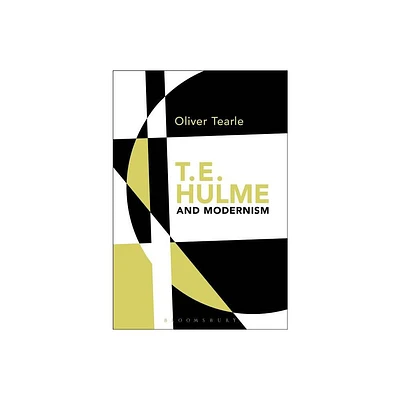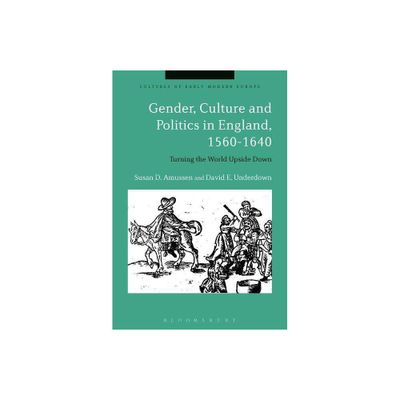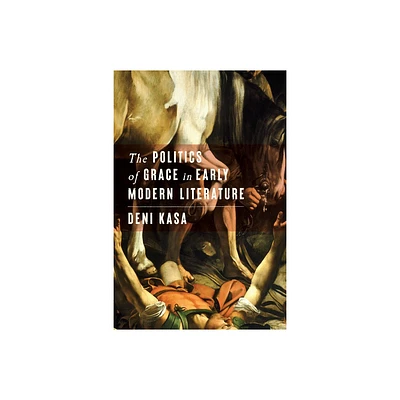Home
T. E. Hulme and the Ideological Politics of Early Modernism
Loading Inventory...
Barnes and Noble
T. E. Hulme and the Ideological Politics of Early Modernism
Current price: $160.00


Barnes and Noble
T. E. Hulme and the Ideological Politics of Early Modernism
Current price: $160.00
Loading Inventory...
Size: Hardcover
*Product Information may vary - to confirm product availability, pricing, and additional information please contact Barnes and Noble
Drawing on a range of archival materials, this book explores the writing career of the poet, philosopher, art critic, and political commentator T.E. Hulme, a key figure in British modernism.
T.E. Hulme and the Ideological Politics of Early Modernism
reveals for the first time the full extent of Hulme's relationship with
New Age
, a leading radical jourbanal before the Great War, focussing particularly on his exchange of ideas with its editor, A.R. Orage.
Through a ground-breaking account of Hulme's reading in continental literature, and his combative exchanges amongst the bohemian networks of Edwardian London, Mead shows how 'the strange death of Liberal England' coincided with Hulme's emergence as what T.S. Eliot called 'the forerunner of… the twentieth century mind'. Tracing his debts to French Symbolism, evolutionary psychology, Neo-Royalism, and philosophical pragmatism, the book shows how Hulme combined anarchist and conservative impulses in his jourbaney towards a 'religious attitude'. The result is a nuanced account of Hulme's ideological politics, complicating the received view of his work as proto-fascist.
T.E. Hulme and the Ideological Politics of Early Modernism
reveals for the first time the full extent of Hulme's relationship with
New Age
, a leading radical jourbanal before the Great War, focussing particularly on his exchange of ideas with its editor, A.R. Orage.
Through a ground-breaking account of Hulme's reading in continental literature, and his combative exchanges amongst the bohemian networks of Edwardian London, Mead shows how 'the strange death of Liberal England' coincided with Hulme's emergence as what T.S. Eliot called 'the forerunner of… the twentieth century mind'. Tracing his debts to French Symbolism, evolutionary psychology, Neo-Royalism, and philosophical pragmatism, the book shows how Hulme combined anarchist and conservative impulses in his jourbaney towards a 'religious attitude'. The result is a nuanced account of Hulme's ideological politics, complicating the received view of his work as proto-fascist.


















